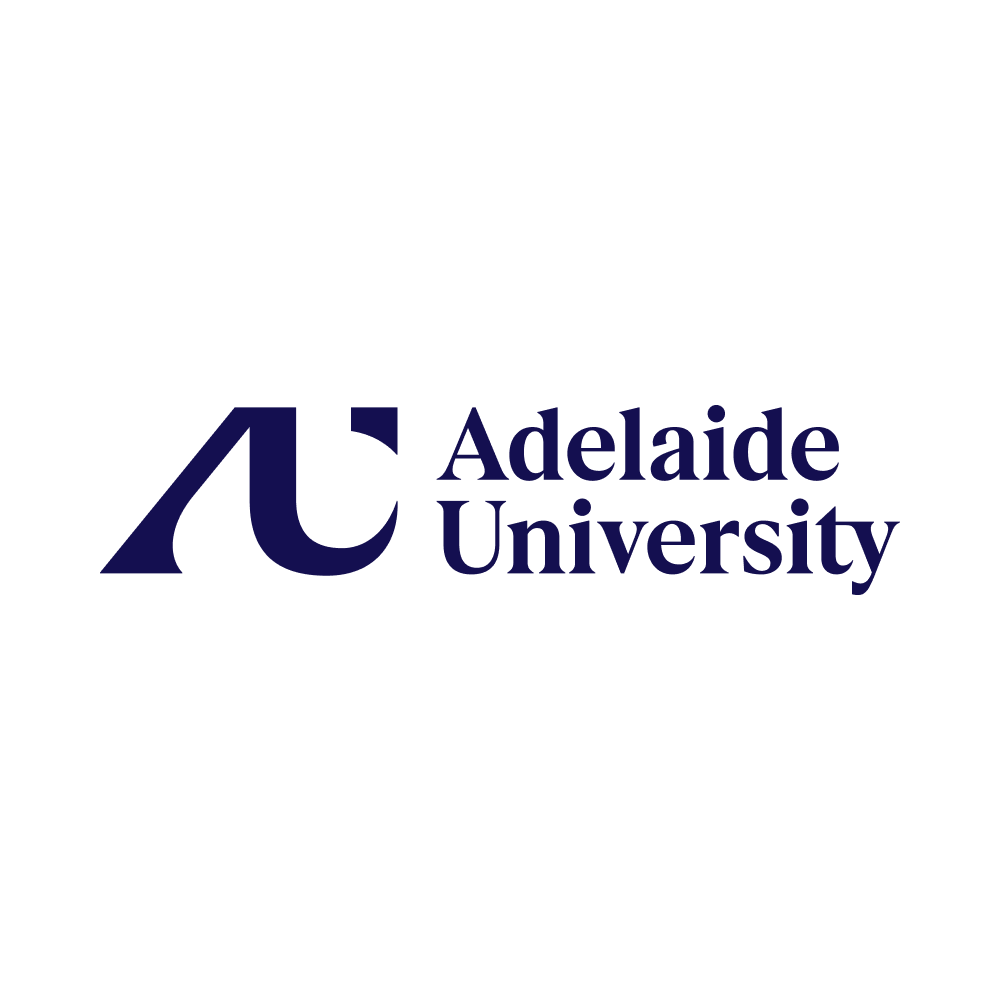Adelaide University
Master of Human Resource Management
- Delivery: Face to Face
- Study Level: Postgraduate
- Duration: 24 months
- Course Type: Master's
Build a career that helps organisations thrive without sacrificing their greatest asset, their people.

Course overview
Explore topics on industrial relations, talent acquisition and development, strategic human resource management and more. Make invaluable industry connections with experienced human resource professionals and industry executives. Sharpen your problem-solving, leadership, people management and strategic thinking skills.
Take courses examining global perspectives in professional HR practice. Critically review real company case studies and develop actionable, innovative, ethical and sustainable solutions to common challenges. You’ll also develop high-level technical skills in using HRM systems and an advanced understanding of how to leverage digital technology to solve complex management problems.
Electives allow you to dive deeper into the areas that interest you. A major industry-based project helps you translate theory and research into practice.
Emerge with the advanced expertise to shape company culture, drive change and help organisations stay competitive in an increasingly complex business environment.
Key features
- Learn from industry experts and leading scholars in human resource management.
- Gain advanced understanding of complex human resource management (HRM) systems and digital tools.
- Develop expertise in core areas such as people analytics, strategic thinking, leadership and performance.
- Critically examine HRM approaches in global and cross-cultural contexts and work on real company case studies.
- Undertake an elective aligned to your interests and career goals.
- Complete an industry-based project.
Key facts
July, 2026
What you will study
Students must complete 96 units comprising:
- 72 units for all core courses.
- 12 units for all work-integrated learning.
- 12 units for electives.
Each course is worth six units.
Complete 72 units for all of the following:
- Accounting Principles for Decision Makers
- Entrepreneurial Thinking
- People, Leadership and Organisational Performance
- Talent Acquisition and Development
- Managing Employee Performance and Rewards
- People Analytics
- Managing the Global Workforce
- Foundations of Employment Law
- Marketing
- Negotiation
- Strategic Management of Human Resources
- Australian Industrial Relations
Entry requirements
Admission criteria
To be eligible, an applicant must have achieved at least one of the following minimum entry requirements and demonstrate they fulfil any prerequisite and essential criteria for admission. In cases where there are more eligible applicants than available places, admission will be competitive with ranks based on the entry criteria.
- A completed bachelor's (AQF level 7) or bachelor's honours (AQF level 8) degree or equivalent from a recognised higher education institution; OR
- A completed nested or related graduate certificate (AQF level 8) or higher or equivalent from a recognised higher education institution.
Recognition of Prior Learning
Adelaide University is committed to recognising the contribution of students’ prior learning towards their program requirements.
Credit may be granted for formal, informal and non-formal learning, with guidance on eligibility provided to prospective students in a clear, transparent and publicly available credit framework.
Credit determinations will be:
- Evidence-based, equitable and transparent.
- Academically sound.
- Applied consistently, fairly and subject to review.
Credit will be granted for prior learning that is relevant and equivalent to the learning required for the courses for which credit is sought.
Credit will only be granted if it:
- Maintains the credibility and integrity of the program for which credit is sought.
- Does not contravene the conditions of the program’s professional accreditation.
- Does not disadvantage the student’s ability to achieve the expected course or program learning outcomes.
For more information, contact the university or visit its website.
Outcomes
Career outcomes
You might take up a role as chief HR officer, working with senior management teams to create competitive remuneration strategies or acting as an advisor for complex industrial relations matters. Maybe you’ll work in change management, facilitating a smooth transition through the organisational change process. Perhaps you’ll become a consultant, supporting organisations to design and implement policy and processes to champion employee growth and wellbeing.
Some other career paths you could pursue include:
- Talent Acquisition Specialist
- HR Business Partner
- Employee Relations Manager
- Learning And Development Coordinator
- Compensation And Benefits Analyst
- Training And Development Manager
- Diversity And Inclusion Officer
- Chief Operating Officer
- Board Director
- Entrepreneur
Fees and FEE-HELP
Indicative annual fee in 2026: $36,000 (domestic full-fee paying place)
Fee-paying programs require the full tuition fees for your study, which can be deferred partly or in full to a FEE-HELP loan. Where the duration of the program is less than one year, the total cost of the program is displayed.
A student’s fee may vary depending on:
- The number of courses studied per term.
- The choice of major or specialisation.
- Choice of courses.
- Credit from previous study or work experience.
- Eligibility for government-funded loans.
You may also need to pay the student services and amenities fee.
Student fees shown are subject to change. Contact the university directly to confirm.
FEE-HELP loans are available to assist eligible full-fee paying domestic students.

















